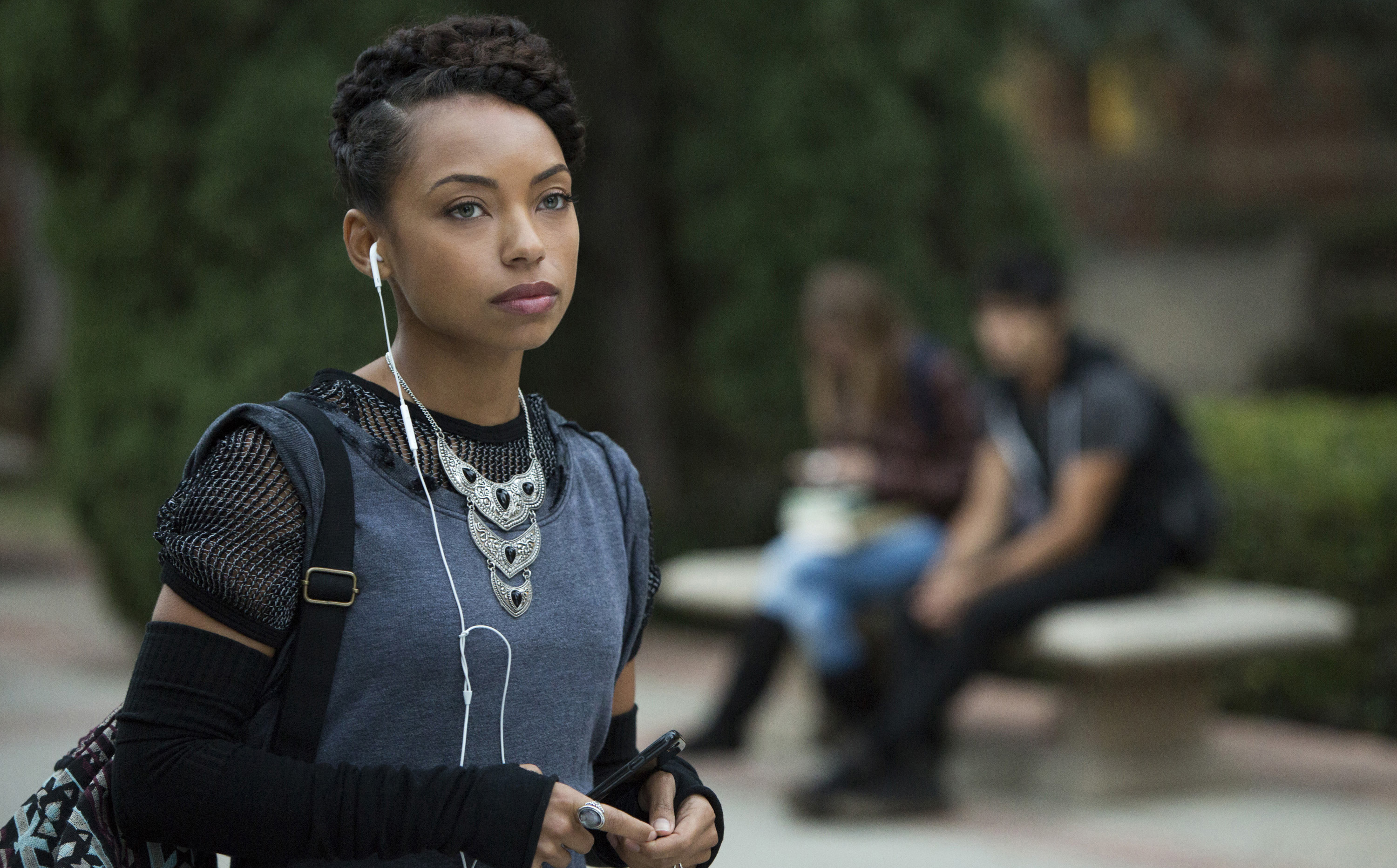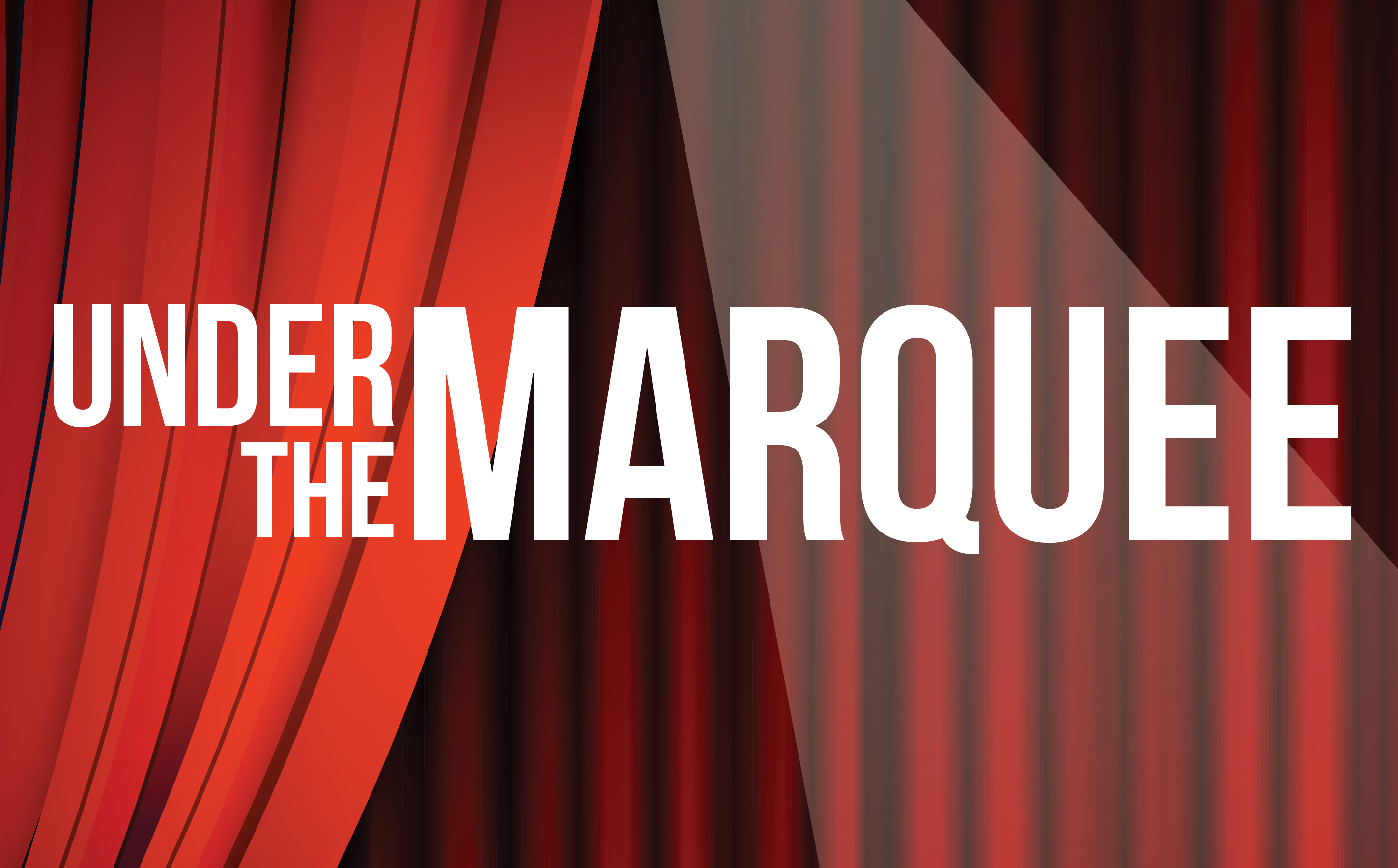
In a post-racial story where biases, prejudices and cultural divides still exist, the importance of addressing modern racism becomes a key factor to understand a prevalent racial divide in society. Dear White People, Netflix’s original show based upon Justin Simien’s 2014 film, eloquently displays these issues.
A “Dear Black People” party, where white students dressed in black face and other caricatures, kicks off the show. The stereotypical costuming and portrayal of black face and the dark lighting helps accurately showcase the horrors of on campus racism.
The show centers around Samantha White (Logan Browning, Hit the Floor) and her fellow students of color at Ivy League Winchester University. Sam creates a radio talk show entitled “Dear White People” where she discusses her feelings about racial tensions at Winchester. The first time she speaks happens after the party.
Using the radio show as an outlet of her radical ideas becomes a staple throughout the series that causes controversy among students. Sam’s articulate and persistent tone helps set the mood for the rest of the series. The radio show also clarifies her perspective on the events happening in the series, which proves beneficial if one feels confused.
Other activists include Reggie Green (Marque Richardson, All the Way), Joelle Brooks (Ashley Featherson, Paint it Black), Lionel Higgins (DeRon Horton, Lions and Lambs) and Rashid Bakr (Jeremy Tardy, War Dogs).
Police brutality also gains attention on the show. A physical altercation between Reggie and a white student, which caused a campus police officer victimizing Reggie and holding him at gun point, tugs at the viewers’ heartstrings. Reggie maintains a shaky demeanor and realistic fearful facial expressions, which leads him to show vulnerability. This scene captures exquisite emotions and feels realistic because it reflects modern instances of police brutality.
Troy Fairbanks (Brandon Bell, Hollywood Heights), a student of color whose father works as a dean at Winchester, becomes the student body president to appease his father. He frequently butts heads with Sam as her radio show causes conflict with Winchester’s donors and administration.
However, as the show focuses in on Troy, it reveals his actions come from wanting to meet his father’s standards. Troy’s character becomes pivotal to the show. Viewers see his as an instigator between students and faculty, but his internal struggles of not knowing his true identity makes the show realistic as one can relate to not feeling like he knows his place.
In the 10 episode series, each episode centers around one character. At the beginning of each, Giancarlo Esposito’s narration introduces the character, and gives insight to their background. The rest of the episode focuses around their background and how it influences the current event taking place. This helps develop the characters’ chemistry with one another and shows their feeling towards on campus events. Additionally, events that happen in previous episodes are recapped throughout the following episodes.
Additionally, each character represents an important story that creates fluidity throughout each episode. While the average show centers around the main characters, Dear White People gives viewers the opportunity to hear the insight of major and minor characters.
Topics such as safe spaces, labels, civil rights and equality for students of color dominate conversations. These heavier and controversial topics may turn off viewers who may think the show just bashes on white people. However, the use of humor and satire really helps reduce the controversy. Also using youthful slang and language appeals to teenagers who already take similar stances portrayed on racial issues throughout the show.
The topics discussed in Dear White People are important and reflect on the issues society sees with race relations. Whether one agrees with the importance of modern racial issues or not, prevalence of these issues in news and media constantly rises. Even though the show beautifully addresses these issues without making it too much about political and social divide, its still a controversial show due to the sensitivity of racial issues, giving it a slight negative appeal. Regardless of race or political beliefs, Dear White People speaks to all people and is definitely worth watching.
The Hilights
Show: Dear White People
Stars: Logan Browning, Marque Richardson, Ashley Featherson, Brandon Bell, DeRon Horton
Genre: Satire
Rating: 4.5 out of 5 stars

This article would have been more interesting to read if it actually talked about how Boone students felt about the issues raised in the movie.